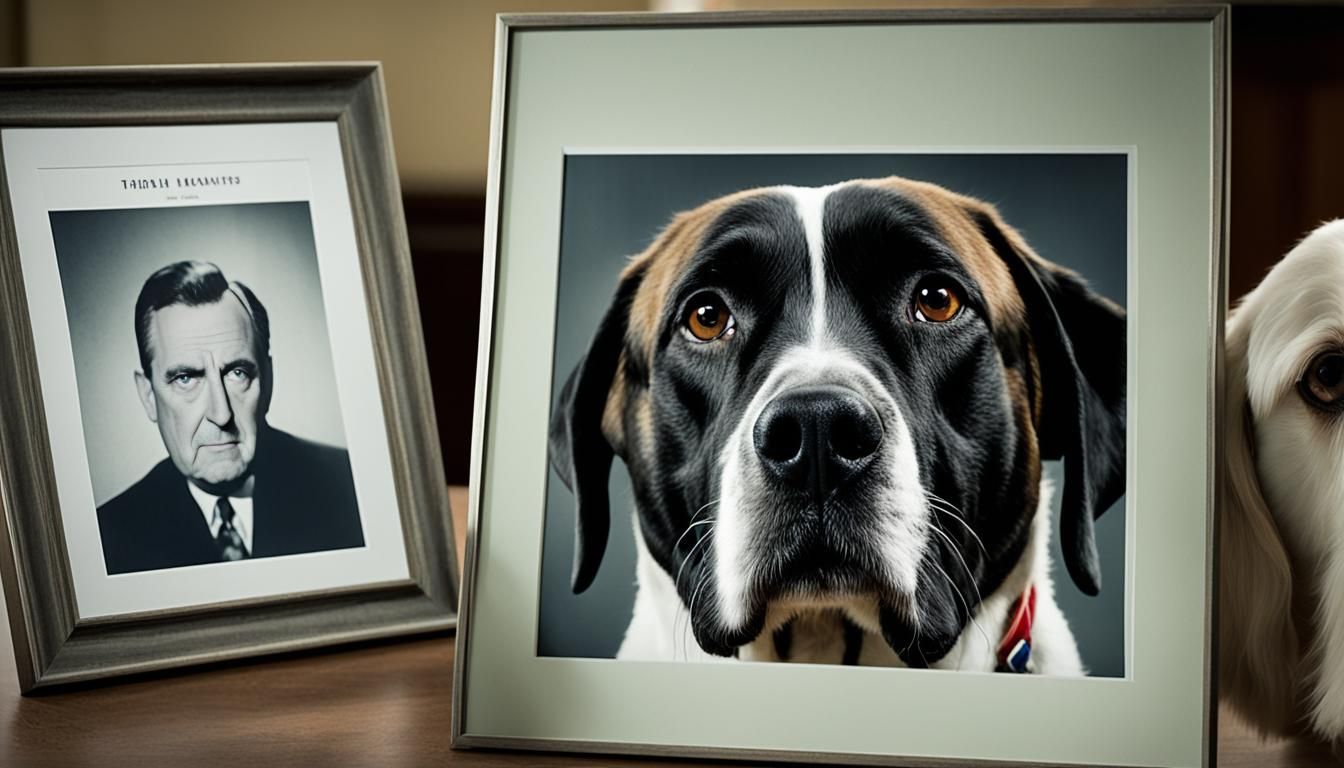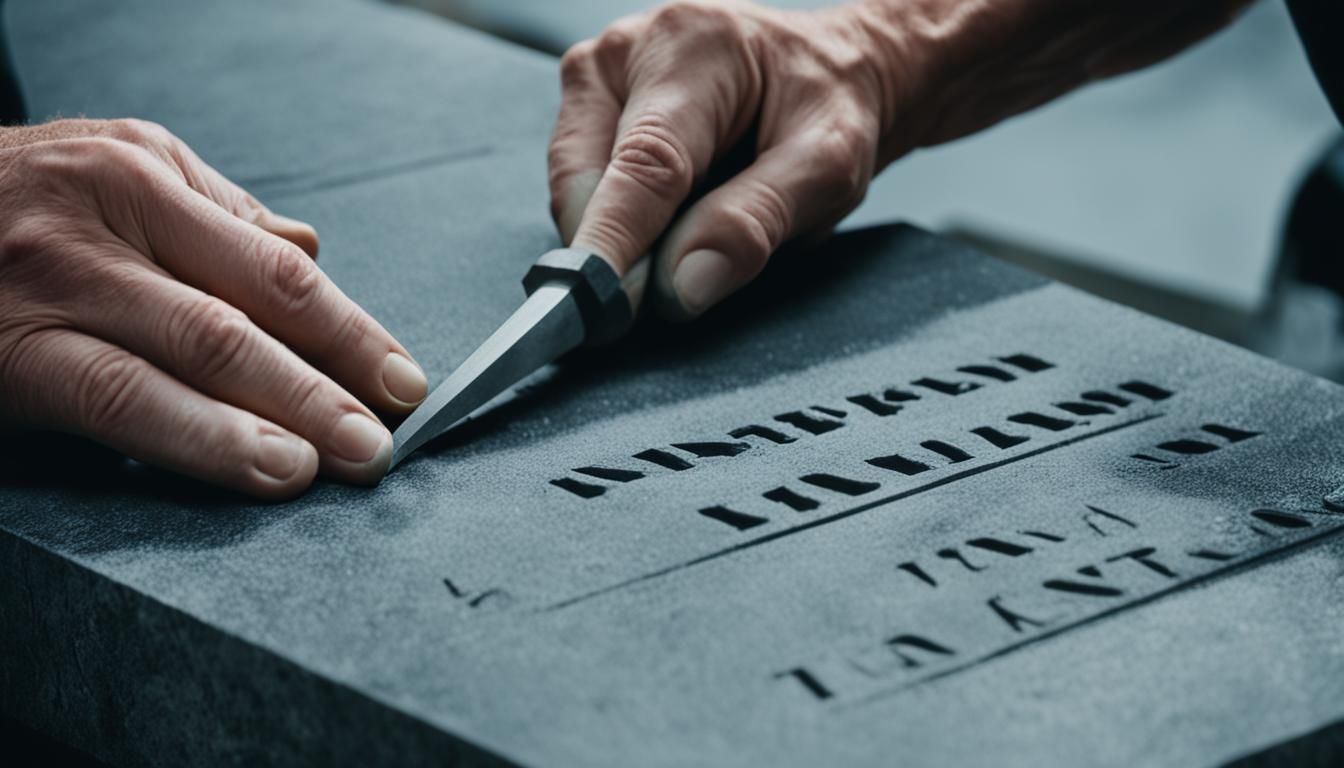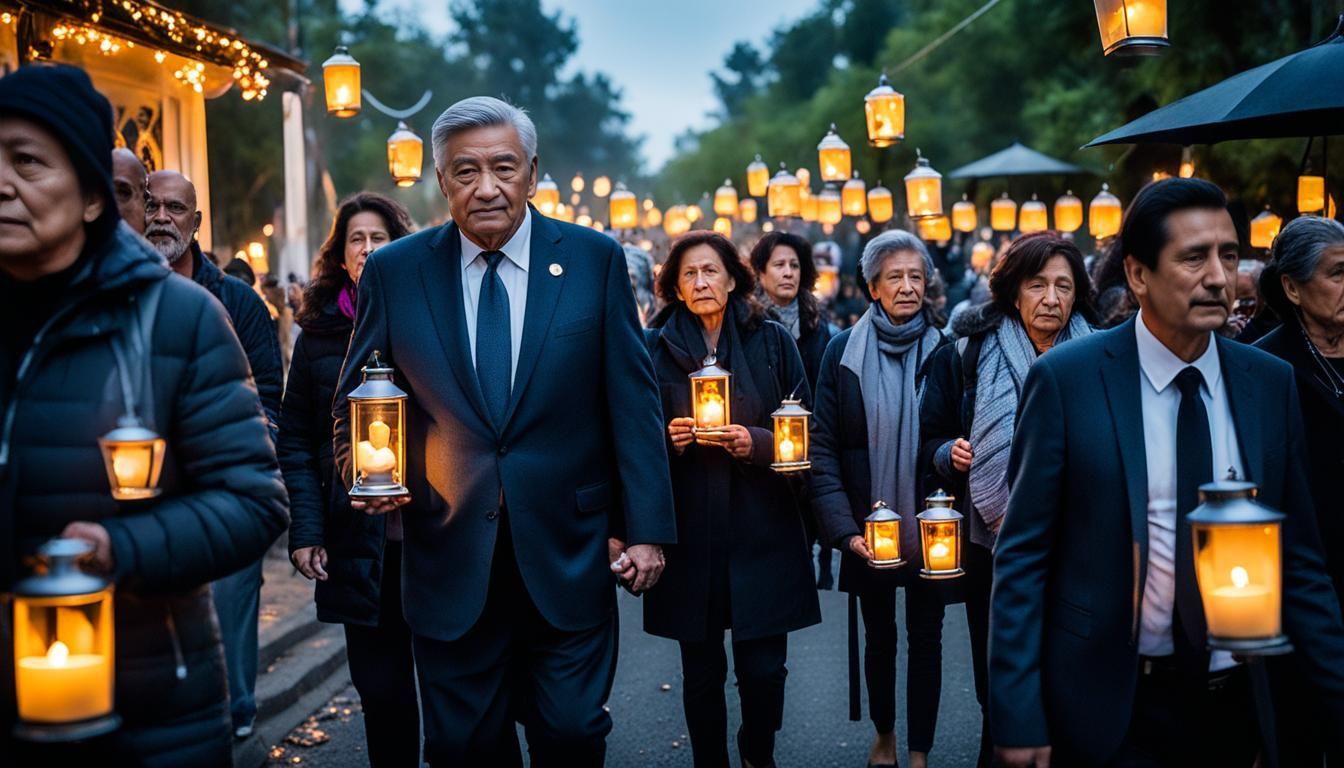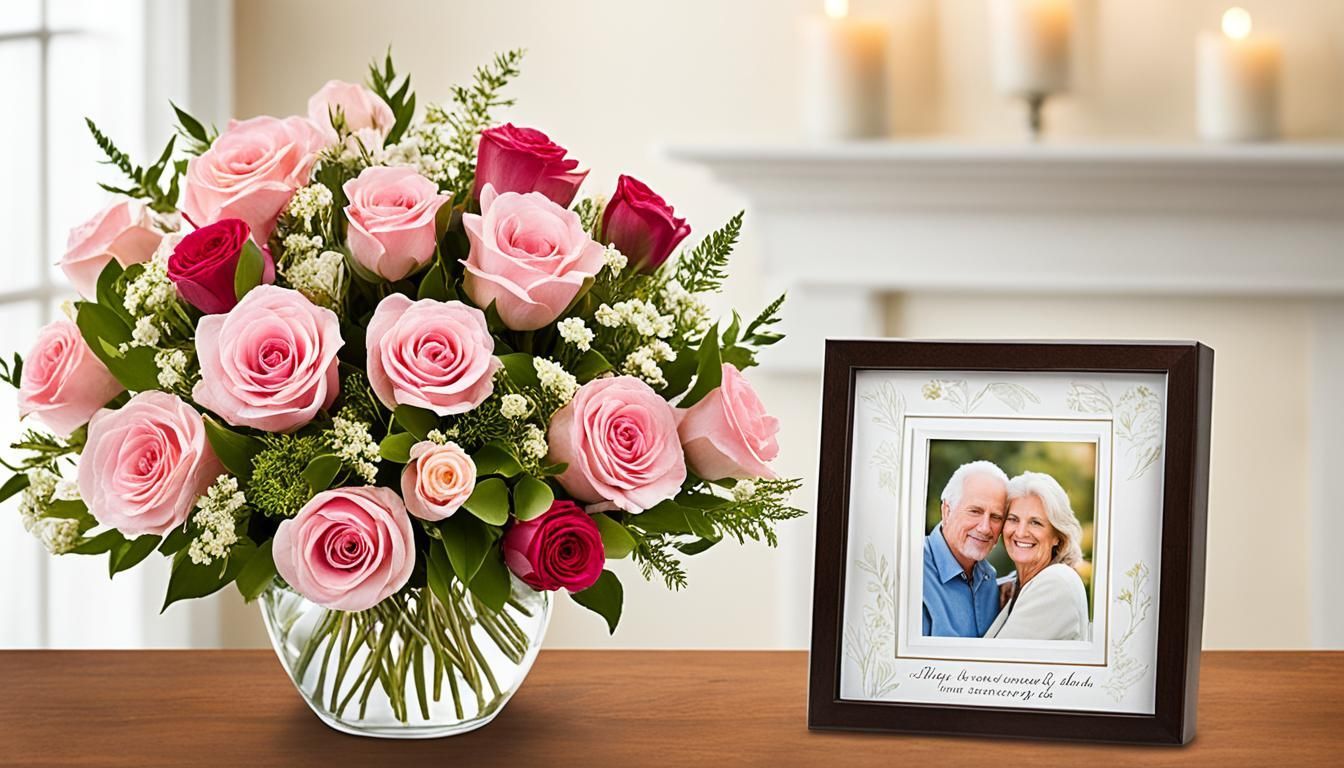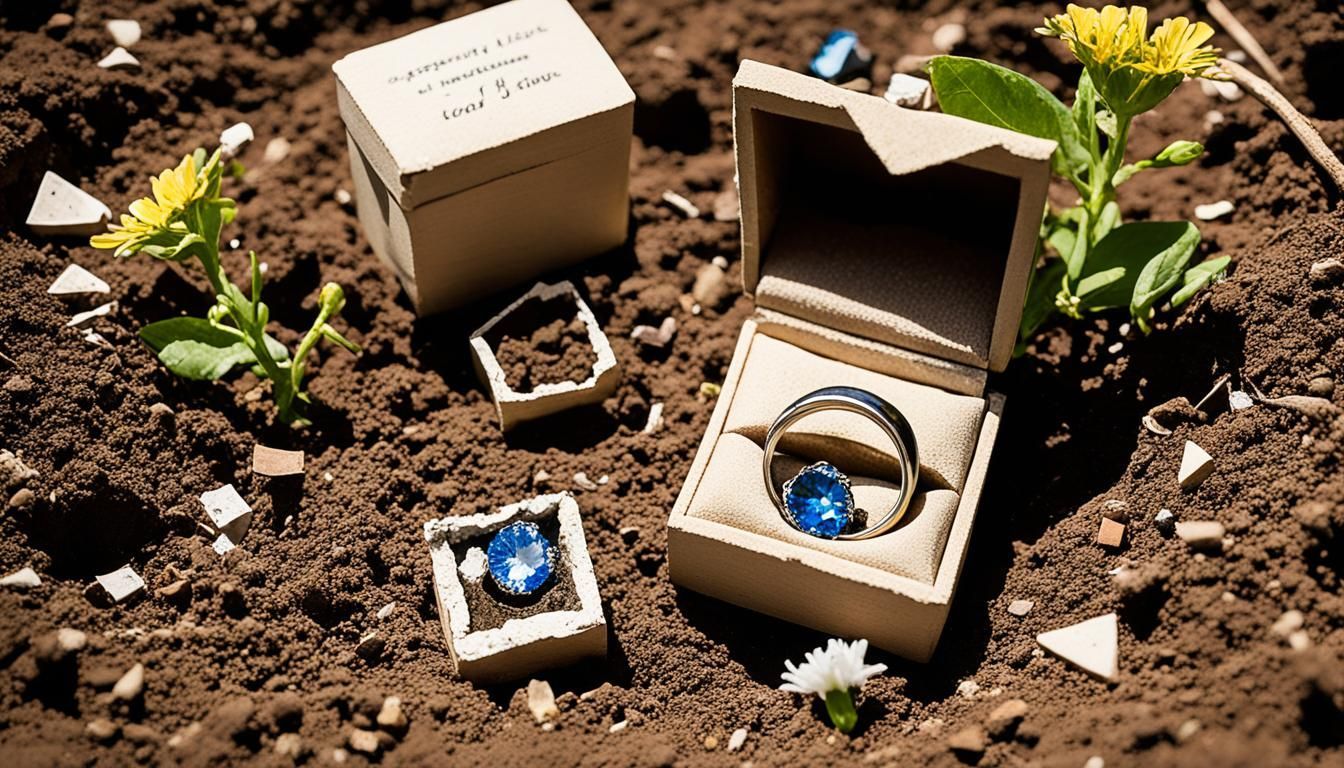Navigating Grief and Guilt Together - Our Journey.
Navigating Grief and Guilt Together - Our Journey.
"Grief is the price we pay for love." – Queen Elizabeth II
At Deal Funeral Directors in Statesboro, Georgia, we know how tough grief can be. It's more than just missing someone who’s gone. Grief mixes many feelings, including guilt. Feeling guilty over what you think you could've done differently is common. These feelings can really hurt. It's important to work through them for emotional healing .
Our help doesn’t include hospice care, making cemetery markers, or products. Yet, we focus on guiding people through their grief and guilt . We provide ways to remember loved ones, like writing obituaries or sending flowers. People can even plant trees or send memorial cards. Also, our email subscribers get updates on new obituaries. This helps them feel connected in their loss.
Key Takeaways
- Grief is a complex process involving multiple emotions, including guilt.
- Most grievers experience some level of guilt associated with their loss.
- Talking about guilt can help individuals reflect and cope more effectively.
- Seeking support from groups, friends, family, or counselors can facilitate healing.
- Engaging in self-care practices is essential for managing emotional pain .
- Guilt can offer valuable lessons, contributing to personal growth.
- There is no specific timeline for healing from grief; it is a unique journey.
Understanding Grief and Guilt
Grieving the loss of someone we love deeply affects us. People often feel sorrow and regret that are hard to untangle. Grief can lead to feelings like anger and guilt, often more about what we blame ourselves for than what others say.
The Emotional Impact
Part of coping with grief is recognizing and understanding these emotions. Guilt during grief can come from thinking about “what if” scenarios after a loved one's death. These thoughts can make one feel they could've changed the outcome, which brings helplessness.
The pain of grief and guilt is strong, filling one's mind with “what if” and “if only” questions.
Common Reasons for Guilt in Grief
Guilt in grieving might stem from things we did or didn’t do. Not being able to be a donor or wishing for more time spent together can weigh heavily. These feelings often make us seek order during such a tumultuous time. Accepting loss and staying in the present are vital for moving on.
Support groups suggest looking at our guilt realistically to see if anything could’ve been different. Regrets should be seen as chances for growth. Showing ourselves forgiveness is a big step in dealing with guilt, letting us acknowledge our faults gently.
| Common Emotions | Triggers | Coping Strategies |
|---|---|---|
| Anger and Guilt | Perceived Mistakes, Desire for Control | Acknowledgement, Forgiveness, Self-Compassion |
| Helpless and Overwhelm | Imagining Different Outcomes | Acceptance, Present Focus |
| Blame | Rational and Irrational Guilt | Discussion, Positive Thoughts |
Summing up, knowing how grief and guilt affect us and why guilt happens is important in handling grief. Using strategies and insights from grief studies helps us through this hard time.
Managing Emotional Pain in Grief
Dealing with sorrow takes a careful approach. It is important to face the deep feelings of grief and guilt. Guilt often shows up during grief. We shouldn't try to push these feelings away. Instead, we can find ways to handle grief and guilt well.
Reflecting on our guilt is key. Is it making sense or not? Knowing this helps us move past guilt. Sharing these feelings can be good too. Talking in groups or with counselors helps a lot. It lets us connect with others facing similar feelings, offering support to each other.
It helps to see when guilt doesn't make sense. Adding positive thoughts can heal us. It's about forgiving ourselves and learning from what happened. Healing takes time and kindness toward oneself.
Doing things inspired by what guilt taught us can turn pain into something good. For example, if we regret not spending enough time with someone we lost, we could start volunteering. Actions like these honor our loved ones in a positive way.
| Emotional Impact | Physical Symptoms | Coping Strategies |
|---|---|---|
| Denial, Disbelief, Confusion, Shock | Stomach Pain, Loss of Appetite | Reflecting on Guilt, Positive Affirmations |
| Sadness, Yearning, Anger | Intestinal Upsets, Sleep Disturbances | Support Groups, Counseling Sessions |
| Humiliation, Despair, Guilt | Loss of Energy, Fatigue | Engaging in Positive Activities |
At Deal Funeral Directors , we suggest a full approach to sorrow. We look at both the emotional and physical sides of grief and guilt. By using smart ways to cope, people can work through tough feelings. They can start healing in a meaningful way.
Guilt and Forgiveness in the Grieving Process
Walking through grief often comes with complex feelings, and guilt is frequently felt. We feel guilt when we think back and wish for different outcomes, blaming ourselves for things not done or choices not made. To start healing emotionally, we must deal with these feelings honestly and with kindness.
Self-Compassion and Healing
Self-compassion is key for healing from grief and guilt. It lessens negative thoughts about ourselves and eases the journey to acceptance and healing. Grief often brings anger and guilt. Being kind to ourselves can calm these feelings. To cope, we should acknowledge the loss and understand the past circumstances better. Thinking about what we've learned and forgiving ourselves lets us heal and move on.
Utilizing Grief Support Resources
Grief support resources are crucial for healing. They include support groups and counseling, providing a place to share and learn from loss. These help us focus on celebrating our loved ones and the love we shared, not just the guilt. Deal Funeral Directors offers many ways to honor our lost ones, turning our grief into a meaningful memory.
"Grief is the natural consequence of love. It is important to focus on this love rather than dwell on feelings of guilt to achieve true emotional healing ."
Adding self-compassion to our grieving and using resources like Deal Funeral Directors lead to gentler acceptance and healing. By understanding guilt and forgiveness , we find peace and honor our lost loved ones.
| Steps to Cope with Guilt | Benefits |
|---|---|
| Accept the reality of the loss | Helps in acknowledging and processing the grief |
| Gain perspective on the circumstances | Reduces irrational feelings of responsibility |
| Reflect on lessons learned | Encourages personal growth and understanding |
| Practice self-forgiveness | Promotes emotional healing and peace |
Conclusion
Navigating grief and guilt is a journey filled with complex emotions. Realizing these feelings as valid and common is crucial. It helps a lot for emotional well-being .
Grappling with guilt is often part of grieving. By understanding where this guilt comes from, people can start to heal. Adopting positive coping strategies is key to this journey.
Self-compassion is important during grief. So is reaching out to community support groups and counseling. These resources help understand different grief and loss types.
Grief can show up in many ways, like books, movies, and music. This offers many ways to start healing emotionally.
At Deal Funeral Directors, we support those grieving. We offer resources to help on their healing journey . It's about bringing pain into hope and growth, together.
Our goal is more than services. It's about supporting emotional well-being . And honoring the memory of loved ones as people move through their grief and guilt.
FAQ
How do grief and guilt often intersect for those coping with loss?
Grief and guilt often mix together. Many feel guilty about things they did or didn't do before someone died. This includes feeling bad for not being there enough or leaving things unsaid.
What are some common reasons people feel guilt during the grieving process?
People feel guilty for many reasons when grieving. They might think they made mistakes or feel wrongly responsible. Some wish they had acted differently. Others feel bad about things they couldn't control, like not being a match for a transplant.
How can we manage emotional pain in grief?
To handle emotional pain, it's key to see guilt as a normal part of grief. Reflecting on guilt, finding support, and doing positive things can turn the pain into something constructive.
What role does self-compassion play in emotional healing?
Self-compassion is crucial for healing. It lessens self-criticism and leads to acceptance. Being kind to ourselves helps us deal with grief and guilt better.
What types of grief support resources are available?
There are many grief support options. Community groups, counseling, and online resources provide places to share and learn. This support can bring comfort to those mourning.
How can we utilize Deal Funeral Directors’ services to honor our loved ones?
Deal Funeral Directors offers ways to remember loved ones. We have obituaries, tree plantings, flowers, and cards. Our email list also keeps you updated on new obituaries, helping stay connected in loss.
What steps can be taken to transform guilt into positive actions?
Turning guilt into positive actions means understanding your guilt, getting involved in positive activities, and doing things in memory of your loved one. This can lead to healing and personal growth.
How can we approach the idea of forgiveness in grief?
Forgiveness in grief means realizing we did what we could at the time. Being kind to ourselves, looking for support, and accepting guilt helps us forgive ourselves and heal.
Source Links
- https://whatsyourgrief.com/guilt-and-grief-2/
- https://www.crossroadshospice.com/hospice-palliative-care-blog/2023/july/12/understanding-the-grief-journey-navigating-loss-and-healing/
- https://optimumjoy.com/blog/navigating-grief-together-understanding-grief/
- https://www.careforthefamily.org.uk/bereavement/the-role-of-guilt-in-grief/
- https://mygriefandloss.org/guilt-and-grief
- https://www.mhanational.org/bereavement-and-grief
- https://www.helpguide.org/articles/grief/coping-with-grief-and-loss.htm


